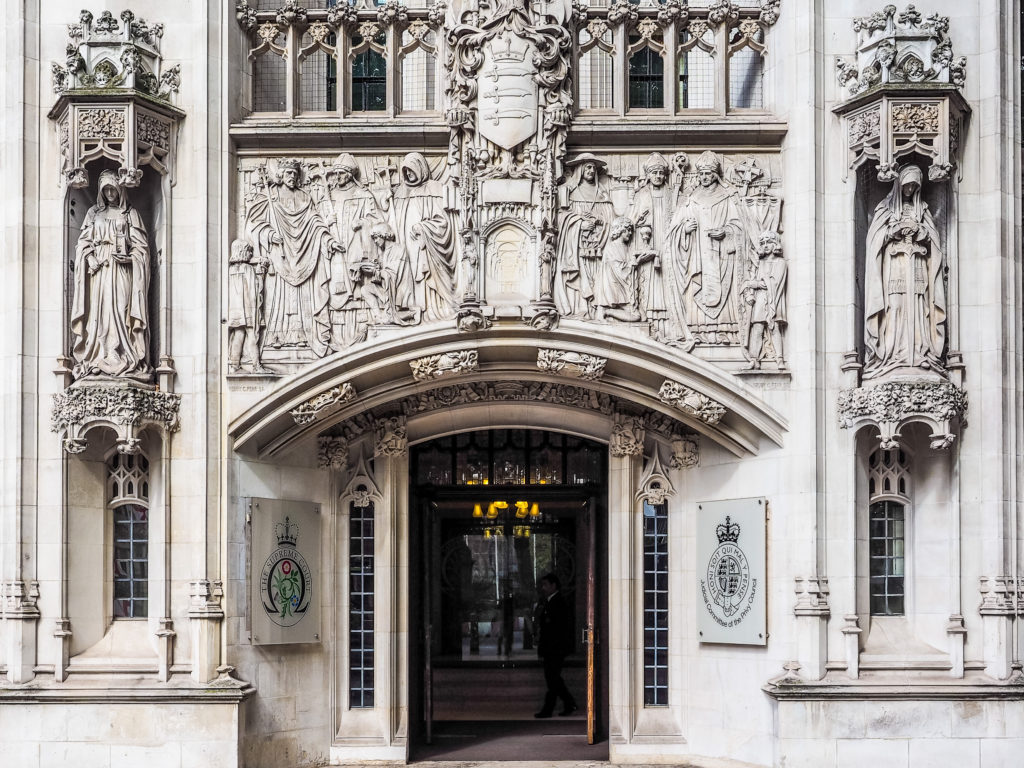
On 23 December 2021, Julian Assange sought permission to appeal to the Supreme Court against the High Court ruling on 10 December 2021, which permitted his extradition to the USA. Mr. Assange is wanted in the US on 17 counts of espionage and one charge of computer misuse relating to his alleged role in the unauthorised attainment and disclosure of national defence information and computer intrusion, beginning in 2009. The appeal, under section 114(6) of the Extradition Act 2003 (‘EA 2003’) will likely be limited to matters upon which the USA was successful in the High Court, namely those relating to US assurances about the conditions of Mr. Assange’s custody in US Federal detention.
Mr. Assange’s legal team are also likely to launch a fresh appeal to the High Court in respect of all the grounds rejected by the District Judge at the original hearing. At an earlier hearing in August 2021, to determine which grounds of appeal could be pursued before the High Court, it was accepted that the EA 2003 did not provide for cross appeals to be heard in the same proceedings. Therefore, Mr Assange could not, during the USA’s appeal, try to reargue the grounds on which he lost before the District Judge. However, now that the case has been remitted back to Westminster Magistrate’s Court for the District Judge to decide the case as directed by the High Court, and once it has been sent to the Secretary of State, a Requested Person (‘RP’) can, pursuant to section 103 of the EA 2003, then appeal on the grounds initially rejected at the Magistrates’ Court. In Mr. Assange’s case, there were three rejected grounds, namely that his extradition was politically motivated and should therefore have failed under section 81 of the EA 2003, ‘extraneous considerations’, and that extradition would result in a breach of Assange’s fair trial rights under article 6 of the ECHR, and his right to freedom of expression, article 10.
Most observers would agree that these are the more interesting arguments, politically, legally and factually, that the High Court will have to grapple with. It has already been reported last year that Mr. Assange’s legal team may try and introduce fresh evidence about US plans to assassinate him whilst in the Ecuadorian embassy, and that a key witness against Mr. Assange has allegedly withdrawn his testimony on the basis that it was given under coercion from the US authorities. There may well be more dramatic twists and turns in these extradition proceedings yet to come.
Our summary of the High Court judgment can be read here.
Categories: United Kingdom, United States



Recent Comments